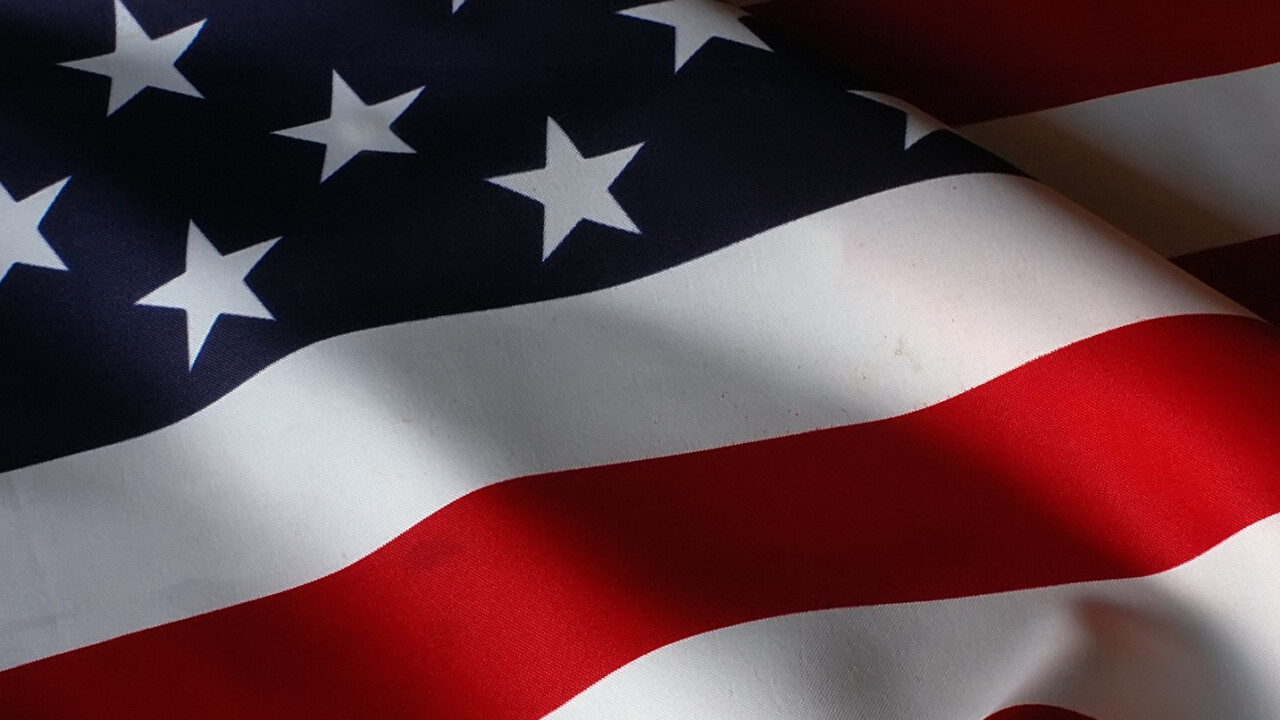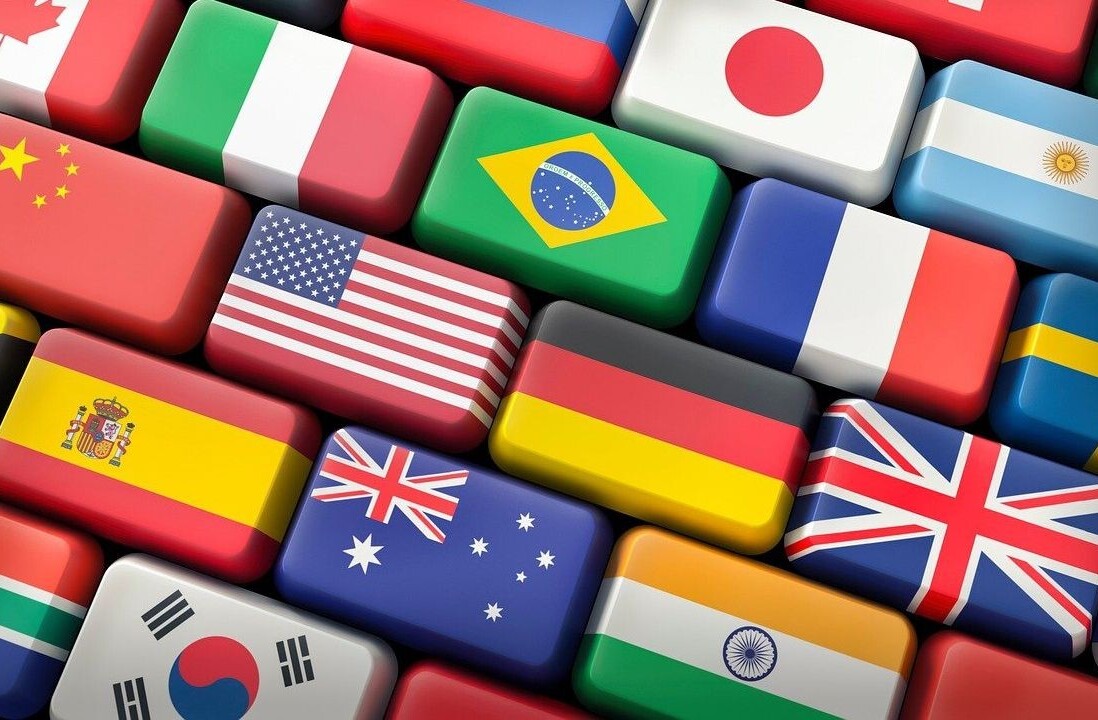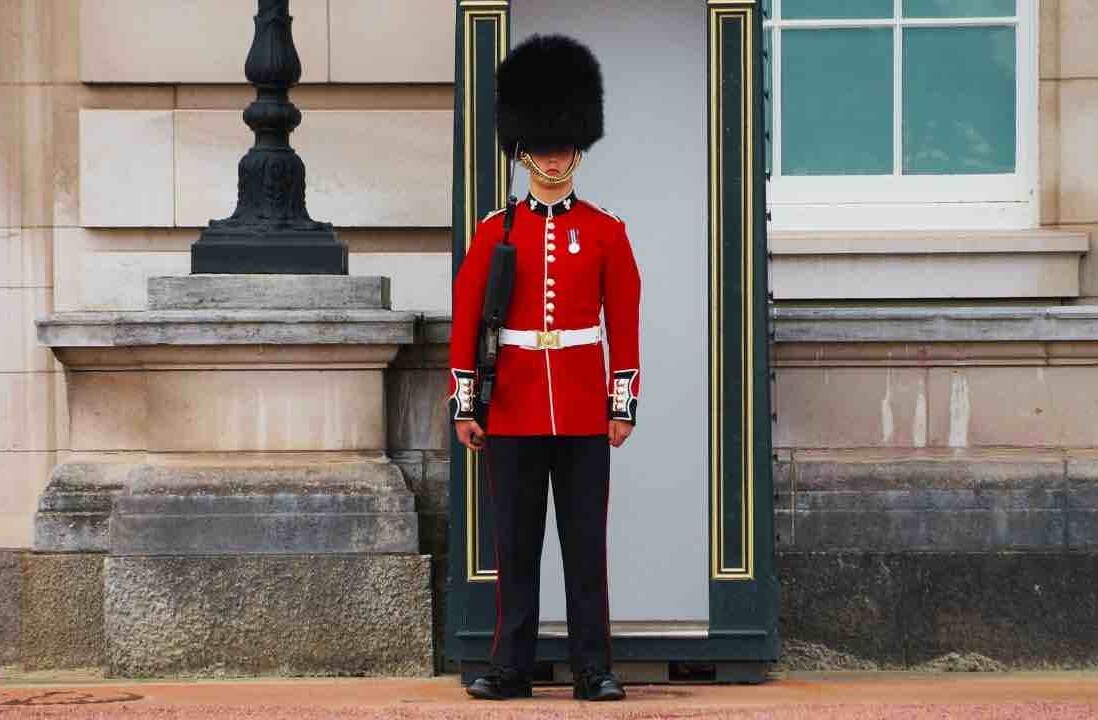
The US Department of Commerce’s (USDOC) Internet Policy Task Force has released a set of new guidelines it plans to recommend to congress in an effort to bring monetary awards to copyright holders back into the realm of reasonable.
For years, copyright holders could sue online pirates for damages that could range into the millions. This was mostly due to limits on statutory damages, which could reach $150,000 per copied work.
The Task Force isn’t seeking to lower these limits, but instead enact change in the way it awards damages.
For example, under the current system an award has the potential to be the same whether a user downloaded a blockbuster movie or a niche indie film, completely ignoring monetary damages to the copyright holder.
The new recommendations state:
An award that takes into account the likely heightened magnitude of harm to the market for a pre-release work may enable the copyright owner to receive a more appropriate level of compensation than an award of actual damages.
Put simply, the blockbuster movie stands to lose a lot more from piracy and the USDOC feels the judgement should reflect that.
Now, instead of charging the maximum amount for damages for each copied work, the Task Force wants to factor in the valued of the infringed work, the damage done by pirating it and the income of the person committing the crime.
If a billion-dollar company willfully commits copyright infringement, it stands to reason that it should pay more in damages than a working class citizen.
Factoring in the value of the work is also a a deterrent to copyright trolls, who often use the threats of steep penalties and litigation to reach deals outside of court.
On the other hand, when the infringed work is of minimal commercial value, a lower award may be appropriate. This can help address concerns about holders of low-value copyrights … using the threat of statutory damages to turn litigation threats into a profit center.
For now, these recommendations are theoretical, and until they are implemented by congress, it’ll remain business as usual.
➤ US Govt: Excessive piracy punishments should be avoided [TorrentFreak]
Get the TNW newsletter
Get the most important tech news in your inbox each week.





